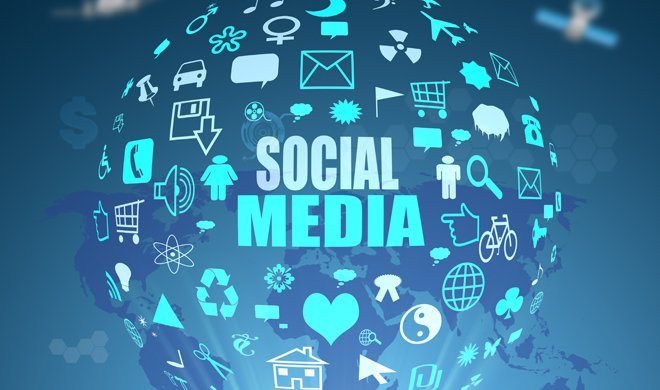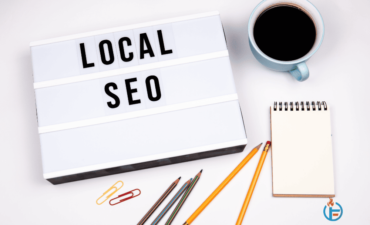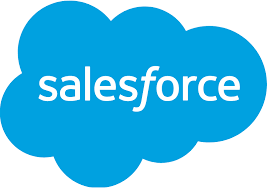In the past decade, social media has become an increasingly popular tool for communication and networking. The term “social media” refers to a wide range of online platforms that allow users to interact with each other, share content, and create online communities. Social media platforms such as Facebook, Twitter, and Instagram have transformed the way we communicate and connect with others.
What is social media?
Social media consists of various online platforms where people can interact and share content. It’s a way for people to stay connected with friends and family, share news and experiences, and express themselves.
Most social media platforms are free to use and allow users to create a profile, add friends or followers, post updates and messages, share photos and videos, and join groups. Some of the most popular social media platforms include Facebook, Instagram, Twitter, Snapchat, LinkedIn, Pinterest, Tumblr, and Google+.
The different types of social media
As the world progresses, so does technology. We now have different types of social media that we can use to communicate with people all over the globe. Whether it’s for business or personal use, social media has become a staple in many people’s lives. Let’s take a look at the different types of social media and how they can be used.
The most popular type of social media is probably Facebook. It has over 2 billion active users and counting! People use Facebook to connect with friends and family, share news and experiences, and even promote businesses. It’s a great way to stay in touch with people you might not otherwise be able to keep up with.
Another popular type of social media is Twitter. While it doesn’t have as many users as Facebook, it’s still a very powerful tool.
The history of social media
The term “social media” has been around since the early 2000s, but the concept of social media has been around much longer. The history of social media can be traced back to the 18th century with the advent of the telegraph. This new technology allowed people to communicate with each other over long distances for the first time in history.
As new technologies emerged, so too did new ways for people to communicate with each other. The telephone was invented in the late 19th century and quickly became a popular way for people to stay in touch. In the early 20th century, the radio and television were invented and soon became mass media platforms that millions of people used to stay informed about current events.
It wasn’t until the mid-20th century that computers were invented and social media as we know it began to take shape.
The benefits of social media
In today’s age, it’s hard to imagine going without social media. For many of us, social media is an integral part of our lives. We use it to stay connected with friends and family, to keep up with current events, and to share our thoughts and feelings about the world around us. But did you know that social media can also have some positive effects on your mental health?
Here are some ways that social media can be beneficial for your mental health:
- Social media can help you connect with others who have similar interests or experiences.
If you’re feeling isolated or alone, connecting with others who share your interests can help you feel more connected and less alone. Social media can provide a space for you to share your thoughts and feelings, and find support from others who understand what you’re going through.
- Social media can help you stay in touch with family and friends. If you have people in your life that you care about, social media can be a way to stay connected to them.
The drawbacks of social media
In recent years, social media has become an increasingly popular way for people to connect with each other. However, there are some drawbacks to using social media that should be considered before using it.
One of the main drawbacks of social media is that it can lead to addiction. According to a study conducted by the University of Pittsburgh School of Medicine, nearly one in three people who use social media are addicted to it. This addiction can lead to a number of problems, including sleep deprivation, anxiety, and depression.
Another drawback of social media is that it can be a breeding ground for cyberbullying. Since people can anonymously post mean or hurtful comments on social media, many bullies take advantage of this to target their victims. This can lead to serious emotional trauma for the victim, and in some cases, even suicide.
Conclusion
As social media becomes more and more commonplace, it’s important to consider the future of this ever-changing landscape. What started as a way to stay connected with friends and family has become a powerful tool for businesses and a necessary part of many people’s lives. With new platforms and features being added all the time, it’s hard to predict what social media will look like in the years to come.
One thing that is certain, however, is that social media will continue to evolve. As our world becomes more connected, social media will likely play an even bigger role in our lives. We’ll see new platforms emerge and old ones fall by the wayside. We’ll see businesses use social media in innovative ways to reach new customers and interact with their existing ones. And we’ll see people use social media to connect with each other in ways we can’t even imagine today.








